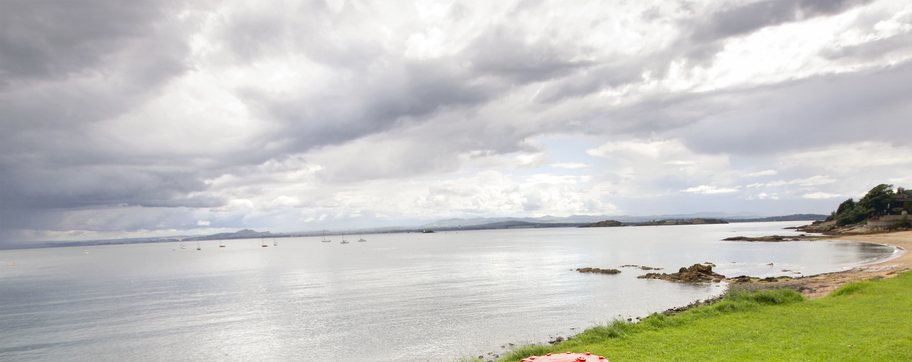Some reflections in the water
Acknowledgement
Many people have contributed to the development of the Tidal Model - far too many to mention, or thank personally. Over the past 15 years we have been inspired by contributions from many people from different countries and, most importantly, from cultures very different to our own. These new 'crew members' reinforced our belief that 'human relationships' is central to our work, wherever we stand in the world.
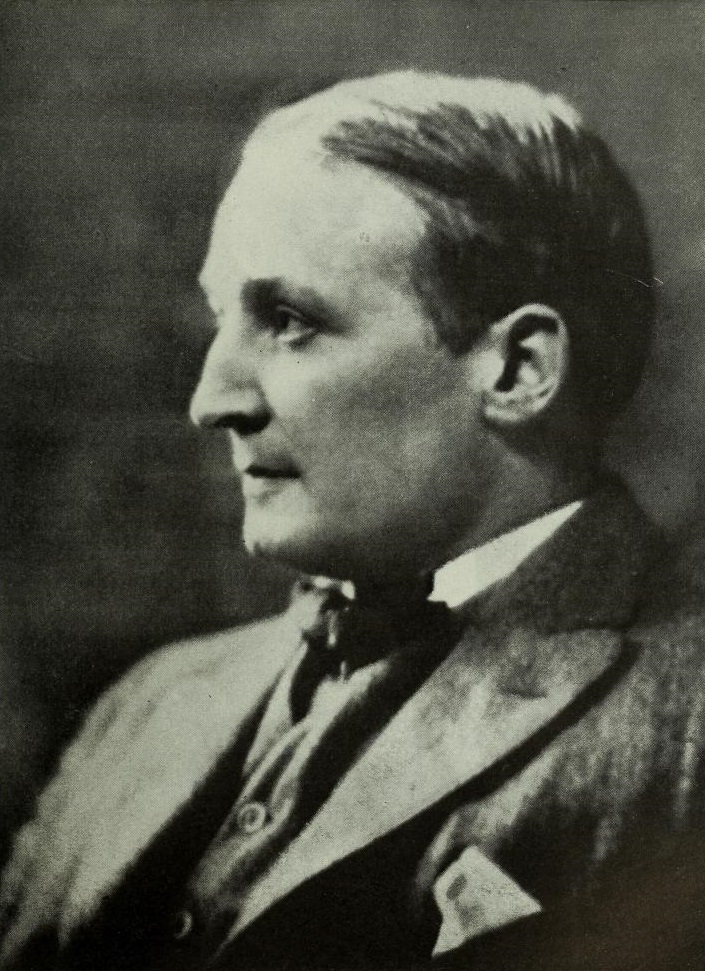
Human Relationships
The Irish-American, Robert Flaherty, was widely recognised as the founder of the documentary film. Talking about his making of 'Nanook of the North' he said:
" In many travelogues, the filmmaker looks down on and never up to his subject. He is always the big man from New York or from London. But I had been dependent on these people, alone with them for months at a time, travelling with them and living with them‿I couldn’t have done anything without them. In the end it is all a question of human relationships."
Regrettably, many health and social care professionals forget to 'look up to' the person they are working with. Without that person there would be no need for any kind of 'professional.
In the end it is all a question of human relationships.
We asked some of the key people involved with the ongoing development of the Tidal Model for a 'brief comment' for the website. Scroll down and meet some of these people. Read their thoughts and reflections in their own words.
Steven Michael OBE
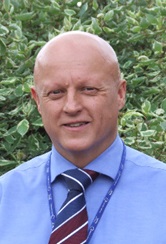 Chief
Executive
Chief
Executive
South West Yorkshire Partnership NHS Trust
Wakefield
England
"In 1995 Phil Barker and I were travelling back
to Newcastle on a train from London. At the time, I held a
clinical leadership and professional lead role in the local
mental health services, Phil occupied a professorial role at the
University of Newcastle. We were discussing how and where a
significant impact could be made to improve what felt to be a
system in distress at every level, from the individual service
user to the broader mental health system.
We both agreed
that such distress was at its greatest within the acute wards,
whose teams were struggling to cope with high levels of demand
and acuity. They seemed to have no ‘compass‿either clinically or
spiritually and, as a result, people were ‘washing up on the
beach‿ exhausted by the tide of life. The lived experience of
service users was not supporting personal recovery or growth and
staff reported stress, anxiety and confusion..
Phil agreed to take on a commission to bring clarity and
meaning to this key element of the service. As a result the Tidal
Model was born.Phil agreed to take on a commission to bring clarity and
meaning to this key element of the service. As a result the Tidal
Model was born.
Through the use of metaphor to convey
meaning, and supported by a strong practice framework with
associated training in key areas such as personal risk management,
the results of the work were powerful. Service users reported
improved outcomes, particularly in regaining a sense of identity,
control and purpose in their lives. Staff spoke of increased value
and meaning in their work. I witnessed this at my time in
Newcastle and over the past fifteen years through my work in
Yorkshire.
Two decades later, as a long serving Chief
Executive in Mental Health Services, I look back with affection
and pride on what the Tidal movement has achieved worldwide. The
simplicity and elegance of the original vision still resonates
today, where meaning is needed more than ever to be given to
mental health services.
So many lives have been enriched by
the Tidal Model. Long may it continue in all parts of the world".
Gianfranco Zuaboni
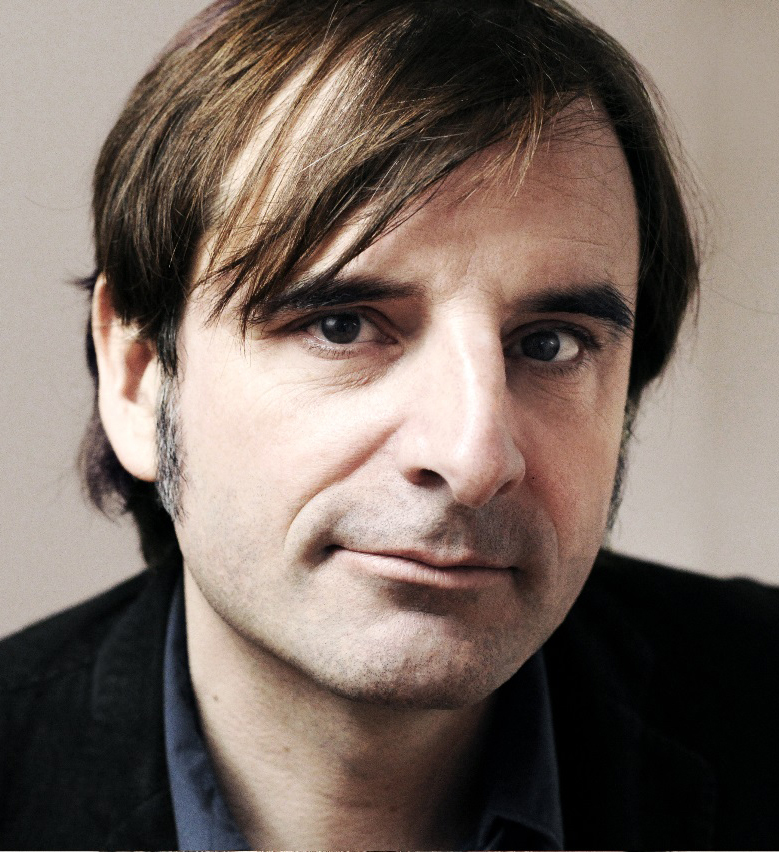 Head of Nursing Development
Sanatorium Kilchberg, Zurich,
Switzerland
Head of Nursing Development
Sanatorium Kilchberg, Zurich,
Switzerland
Co-Editor of the German translation - "Das Gezeitenmodell"
"I would consider the Tidal Model
as a compass for the recovery-oriented mental health nursing.
Centrepiece of this personalized nursing model is the patient
where his or her personal experience and expertise serves as a
base for all nursing actions and measures.
I am very
pleased that we were able to edit the first translation of the
Tidal Model in German language and so to support the
dissemination in German-speaking countries as well as to
contribute to a deeper understanding of the Tidal Model.
I
would like to thank all my colleagues who have contributed this
this publication. My special thanks go to Phil and Poppy for
their support and inspiration."
Lone Holm Jacobsen
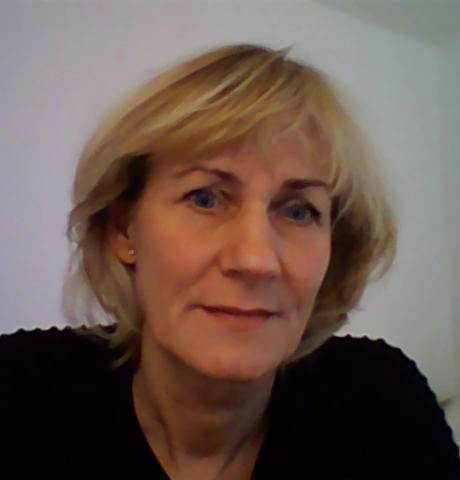 Specialised
Psychiatric Nurse
Specialised
Psychiatric Nurse
Svendborg
Denmark
Translator of the Danish version of the Tidal Model manual.
"Every time
I review the Tidal Model Manual, I get a warm feeling in my
heart.
I know that I have tools to help people with the
problems in their life and help them to recover.
Translating
the Tidal Model into Danish - and thereby making it possible for
more colleagues to use the Tidal Model - was an honor."
Robert Davidson
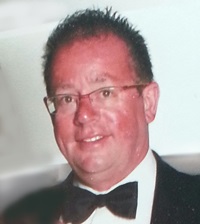 Independent
Clinical Advisor
Independent
Clinical Advisor
Formerly Director of Nursing
Greater Glasgow Health Board
"The
principles and philosophy under-pinning the Tidal Model are very
closely aligned to the human rights and values sensitive services
that legislators and strategists say they striving to support and
deliver. It is my belief that the Tidal Model [if championed,
implemented, supported and sustained appropriately]
provides a flexible vehicle which fulfils national priorities but
which, beyond doubt, puts the person first by seeking to learn
and understand each individual’s unique story and experience of
life as the basis for the provision of genuine person-centred
care. It is important however, for nurse leaders to view Tidal as
a means of achieving their other objectives not as another
objective to sit on top of all of the others they are burdened
with".
Evelyn Huizing
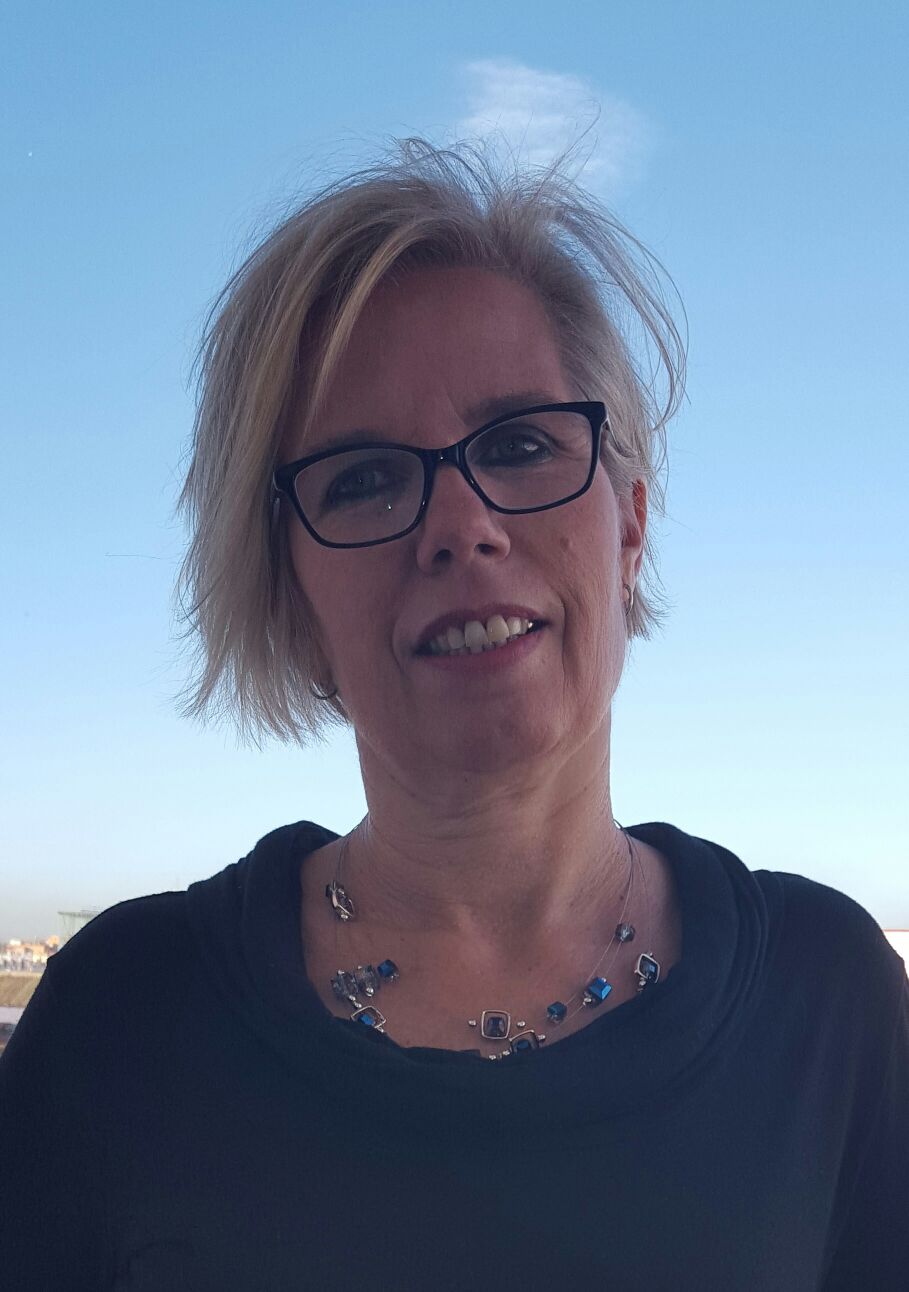 Advisor
Advisor
Regional Mental Health Office
Andalusian Health Service
Spain
"Knowing
about the Tidal model was like getting back to the essence of
mental nursing, to what really means “caring with‿the person
with mental health problems. In Andalusia we had been exploring
the recovery perspective over the last years, but we had a lot a
doubts and questions about how to bring this approach into
practice. How could we accompany the person with problems of
human living towards their recovery? Tidal is helping us to
understand what recovery, and reclamation, means.
Apart from the Tidal
interventions, which can guide us through our work, what really
made an impact on me was the language used, so warm and
respectful. And of course the philosophical approach of Tidal,
the way of “thinking‿about what people might need.
To emphasize some parts that are coming up to my mind:
the importance of patience and humility, of being an expert in
human relations, and to ensure both physical and emotional
security of the person through bridging. But also the need for
asking actively for the person´s theory of what happened in
his/her life that brought them into mental health care, and what
the available tools are. And the concept that “change‿is a part
of life, and that problems always change, even in a very small
way.
I truly think that
Tidal is an opportunity for mental health nurses to change our
role, and from there to transform the mental health services.
Dr Leandro Andrade and Dr Iraci Dos Santos
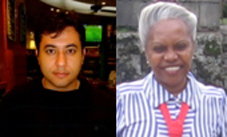
Rio de Janeiro, Brazil.
Dr Iraci dos Santos is Associate Professor of Nursing Research by the Rio de Janeiro State University. Professor Nursing Research Holder by the Rio de Janeiro State University. Post-doctorate in Philosophy of Science at the Federal University of Santa Catarina. Visiting professor Holder (since 2011), working in the Graduate Program in Nursing (Masters and PhD) and at the Graduate Program in Nursing. Experience in Nursing with an emphasis on Fundamentals of Nursing, Nursing Administration and Nursing Research.
‿/span>Our interest in the Tidal Model began with Leandro’s doctoral studies under the guidance of Professor Iraci dos Santos at Rio de Janeiro State University - UERJ.
The study asked how an aesthetic and sociopoetic perspectives on caring for people with mental suffering could be constructed on the basis of the Tidal Model. The aim was to outline a perspective on nursing care grounded in the core values of the Tidal Model in nursing.
We linked the principles of Sociopoetics to an understanding of the essential values of the Tidal Model, which relates, in turn, to the actions proper to a skilled care team. This study resulted in the proposal of an aesthetic and sociopoetic perspective on caring, based on the 10 Commitments of the Tidal theory (See publications) .
In addition to Dr Leandro’s PhD thesis, we also have produced the first publications in Portuguese of articles concerning Tidal Model theory, research and practice.
We hope that these studies will become the basis upon which to spread the Tidal Model in Latin America‿
Prof Dr Tsuyoshi Akiyama
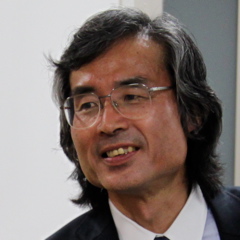 Director
Director
Department of Psychiatry
Kanto Medical Center
Tokyo, Japan
Professor Akiyama le the first Japanese project in 2002 and translated the Tidal Model manual into Japanese for use by his colleagues at the Kanto Medical center in Tokyo.
Professor Akiyama also facilitaed several Tidal Model symposia at World Psychiatric Association (WPA) conferences and also presented at the first Tidal Model World Congress in New Zealand in 2005.
In Professor Akiyama's view:
"Recovery consists of numerous small self-discovery and self-innovation trials.
Tidal makes the
first gate to recovery."
Professor Chris Stevenson
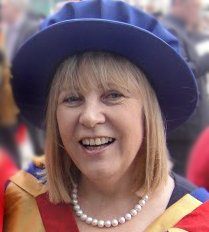 Dr
Chris Stevenson was Professor of Mental Health Nursing and
Head of the School of Nursing at Dublin
City University, Ireland. A
highly respected academic and researcher, Chris was
author of numerous books and academic papers.
Dr
Chris Stevenson was Professor of Mental Health Nursing and
Head of the School of Nursing at Dublin
City University, Ireland. A
highly respected academic and researcher, Chris was
author of numerous books and academic papers.
Chris held senior academic and professorial appointments in the UK and the Republic of Ireland.
From 1994-2002 Chris worked as a Senior Clinical Lecturer in the Department of Psychiatry at the University of Newcastle. Here she designed and led the first research evaluation of the Tidal Model (1997-1999). This key piece of research became, in subsequent years, the template for several other clinical evaluations, both within the UK and worldwide. (See publications)
A wonderful scholar and person, Chris is greatly missed.
Dr Nancy Brookes
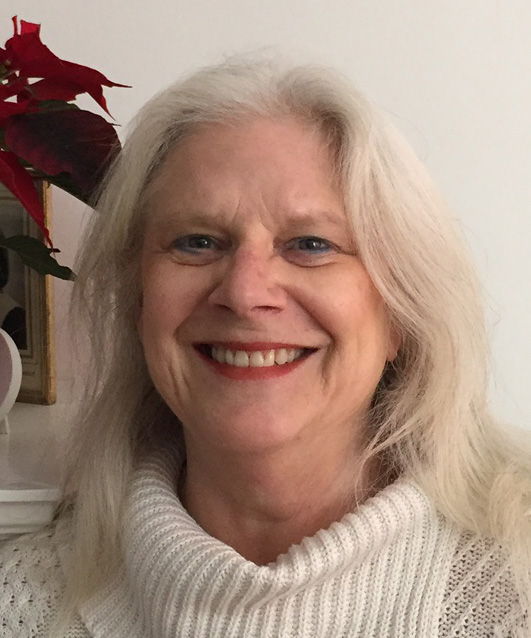 Nurse
Scholar, Royal Ottawa Hospital, Canada.
Nurse
Scholar, Royal Ottawa Hospital, Canada.
Author of the chapter on the Tidal Model in Nurse Theorists and Their Work.
"The impact of reading the seminal Tidal article in the fall of 2001 was really unimaginable. What a gift! Ah, the opportunities. It resonated deeply on all sorts of levels but that is not unique. What was it about Tidal that had such an effect? ‿what was the effect? Such questions accompanied us along our Tidal journey.
Two things that
come immediately to mind ‿connections and language.
Early on we noted that Tidal gave us
the language to speak about practice ‿ordinary, everyday
language. Words create our worlds. Hope is the word that chose us
in our Tidal journey. Of course we see a lot written of
patient-centred and things like that. But that is surely not
person-first.
Just think ‿ people we meet along the way, whoever they may be are first of all people ‿we all are people first and that is just how it should be. This is transformative and this is Tidal.
Then there is making connections. My colleagues and I in Canada connected with people from around the world ‿including Fari in Iran; Celia and I took Tidal to China. I connected with colleagues across Canada. The United States, Australia, New Zealand, the UK of course, Germany, Switzerland, Sweden. I could go on.
The gift of
Tidal, being part of the global Tidal community - is anything
more precious?"
Dr Oona Lassenius

Co-translator of the Swedish version of the Tidal Manual.
"The Tidal Model has opened my eyes for the person and for the power of the person's story in reclaiming power over one's own life.
I thought that this was something that I already had understood, working as a nurse in Mental Health care and having a sincere care for my patients. But my understanding was shaped from a starting point where the person a met in my work was primarily a 'patient' The Tidal Model has giving me a new horizon from where I have the opportunity to explore the other person's perspective and experiences- together with the person. I think that the core aspect of the Tidal Model is the illumination of the power that lies in the person him-/herself who holds the helm.
In my research I have studied the meaning of the lived body and of being physically active for recovery in mental ill-health. The Tidal Model gives a deeper meaning to the fact that it is only the person him-/herself that can put his body in motion. This implies an even stronger potential for health and recovery."
Dr Lena Wiklund Gustin
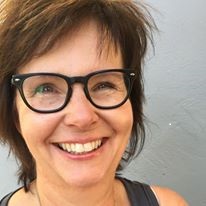 Associate
professor in Caring Science at Mälardalen University,
Sweden and Professor in Mental Health Work at
University of Tromsø, Norway.
Associate
professor in Caring Science at Mälardalen University,
Sweden and Professor in Mental Health Work at
University of Tromsø, Norway.
Co-Translator
of the Tidal Model into Swedish
"My Tidal-story began long before I became aware of the existence
of the Tidal-model. I had the best teachers:
the “patients‿I encountered who taught
me a lot about psychiatric care ‿and about what it mean to be a
human being and encountering challenges and problems in
life. My older colleagues told me that I would soon learn not to
be so naïve. That was thirty years ago,
and I still believe that I can learn a lot from the persons we
call “patients‿ And they have indeed been “patient‿with me, and
with the health care system.
As one man said: “I know you all think this is helpful ‿but it isn’t‿ The Tidal-model has helped me to put words to this kind of experience, and also to understand that nursing care is not only about relieving patients suffering, but to support a person's recovery so that they can live a life they find valuable on their own terms ‿just as we all want to do.
The Tidal-model can support care-givers in this endeavor, providing tools and a basis for reflection on what to do ‿and also what to do less. My vision is that the Tidal-model could bring about change and a shift in paradigm ‿ not only in regards to the practice of mental health and psychiatric nursing but also in regards to the conception of what mental health problems is about in society.
As a researcher and teacher I will include “recovery‿as well as “reclaiming one’s story‿as essential themes in research and in our mental health nursing curricula".
Prof Dr Michael Schulz
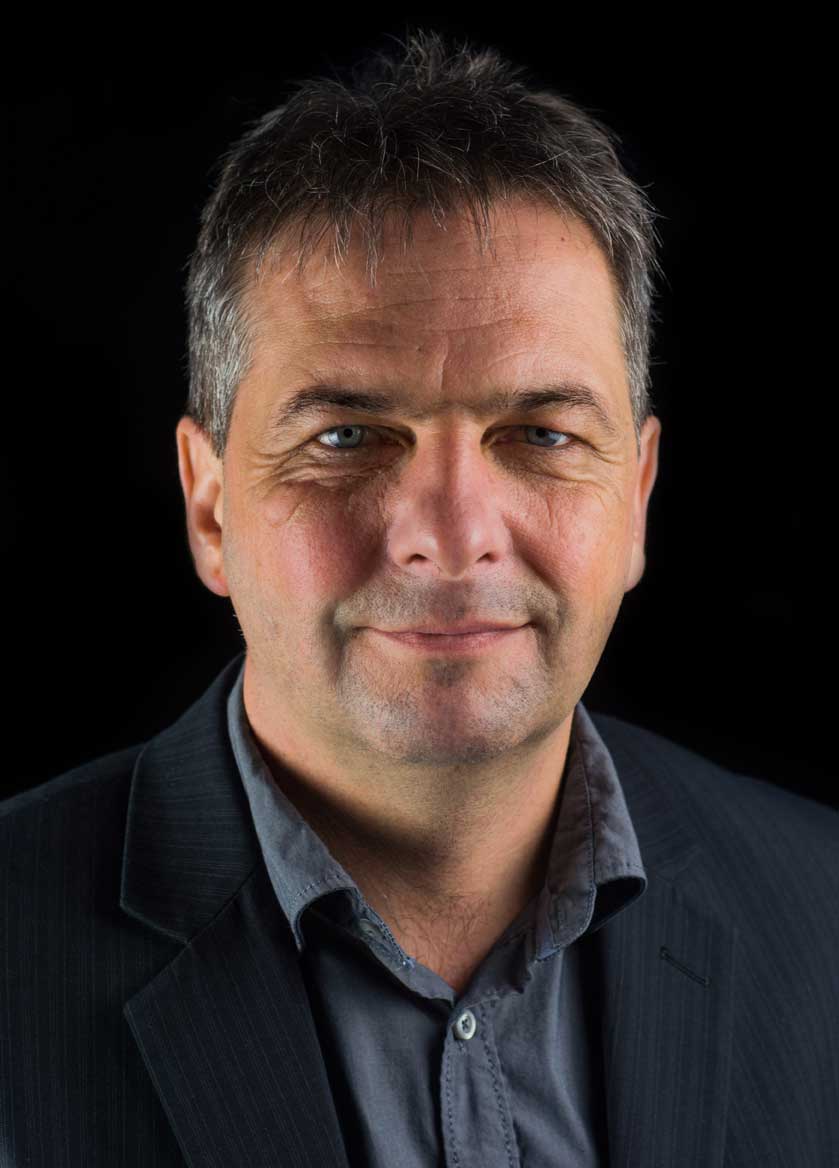 Chair
of Psychiatric Care
Chair
of Psychiatric Care
Fachhochschule der Diakonie
Grete-Reich-Weg 9
33617
Bielefeld
Germany
.Co-Translator of the Tidal Model into
German
"The Tidal Model is a very good framework in the field of
psychosocial work. It was a great honour for me to be part of the
German translation team. As Professor for Psychiatric Nursing in
Germany I see a lot of students who have experienced major
benefits through working with the Tidal Model.
The person-centered approach and the focus on the personal story
told in personal language represents the key to transfer the
recovery model into reality. It broadens the horizon of what
Psychiatric Nursing could and should be".
Chanett Babette Simonsen
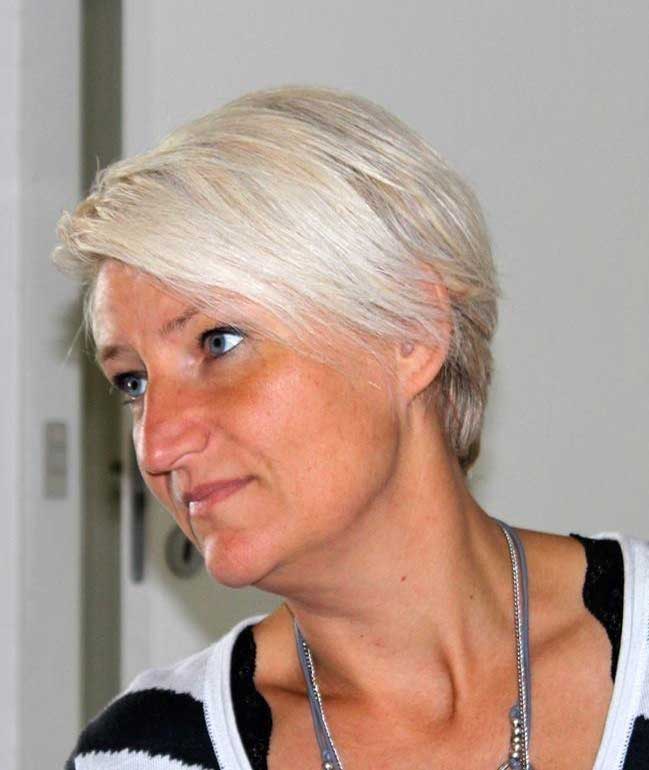
Educational Director - Special education. in Psychiatric Nursing Administration, HR development
Middelfart
Denmark
"As education director of Special Training for Psychiatric Nurses in the region of Southern Denmark, I see it as one of my main education teaching duties to ensure that the students are introduced to different theories relevant to psychiatric nursing within the paradigms that exist in the field.
Most important for me is to ensure that students experience the one-year training as an educational and personal journey. Even though research and evidence-based practice is important to the psychiatric nurses in Denmark, it is even more important that the nurses are able to "see the person before symptoms" and to understand the symptoms as part of “the living human life. " Here, the Tidal Model offers something unique.
he Tidal Model has in recent years been deeply rooted in the Danish psychiatric nursing. I am proud of the nurses who are trained in special education and who act as ambassadors to the approach and human vision behind the Tidal Model.
They
have been the driving force in translating
The Tidal manual into Danish with support from Phil and Poppy".
 Special
Trained Psychiatric nurses. Southern Denmark. (2014-2015)
Special
Trained Psychiatric nurses. Southern Denmark. (2014-2015)


